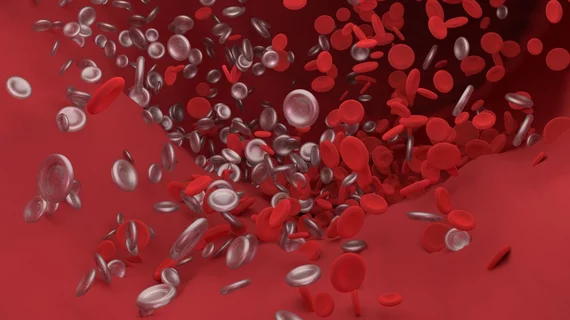For high-risk AF patients, NOACs outperform warfarin
Non-vitamin K antagonist oral anticoagulants (NOACs) are a valuable treatment option for atrial fibrillation (AF) patients with a prior intracranial hemorrhage (ICH), according to new findings published in JAMA Network Open. Researchers compared the performance of NOACs with that of warfarin.
“Intracranial hemorrhage (ICH) is a serious complication of oral anticoagulant use, and overall mortality is high once ICH occurs,” wrote lead author Chuan-Tsai Tsai, MD, Taipei Veterans General Hospital in Taiwan, and colleagues. “The risk of ischemic stroke is even higher in patients with AF who survive after ICH compared with those without ICH.”
The authors tracked data from more than 4,500 AF patients with a prior ICH who received either NOACs or warfarin. All patients received care from Jan. 1, 2012, to Dec. 31, 2016. The mean patient age was 75 years old, and the mean interval between AF diagnosis and history of ICH was nearly six years.
Overall, NOAC treatment was associated with a much lower risk of all-cause mortality, ICH and major bleeding. Ischemic stroke rates were not significantly different between the two cohorts.
“Among patients with atrial fibrillation with prior intracranial hemorrhage, NOACs could be the preferred choice for stroke prevention,” the authors wrote.
The team did note that its research had certain limitations. Details about prior ICH events were unavailable, for instance, “some selection bias might have remained” after adjustments were made to baseline differences between the two treatment groups.

